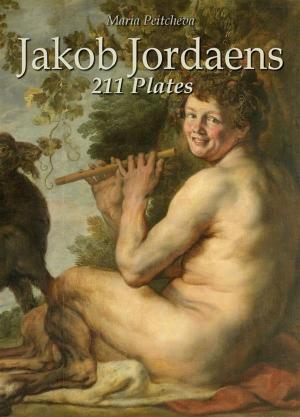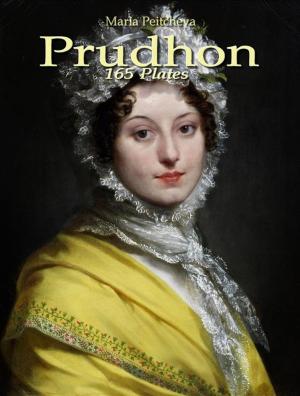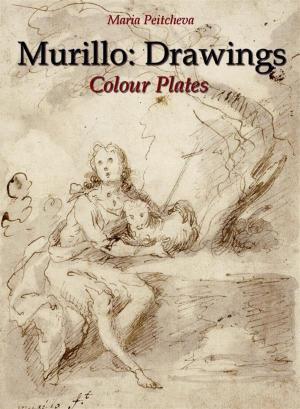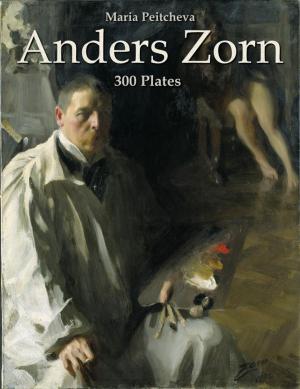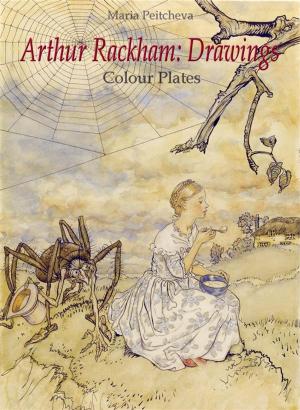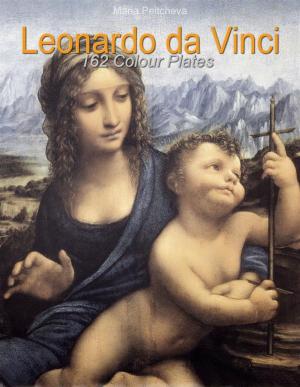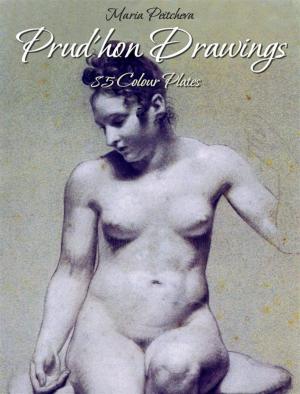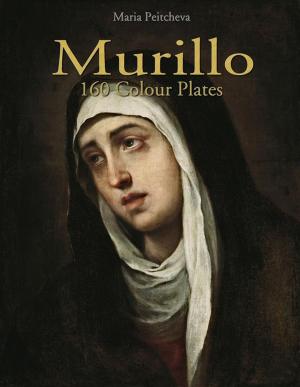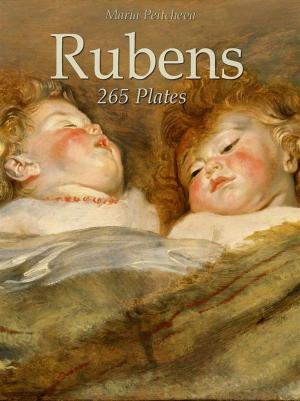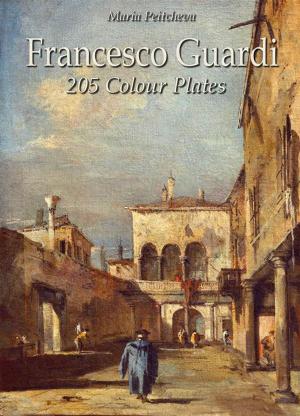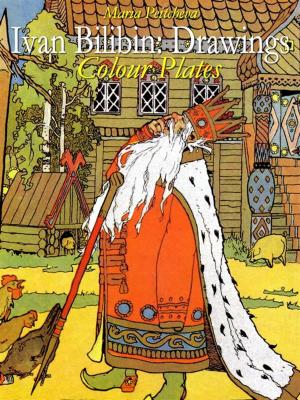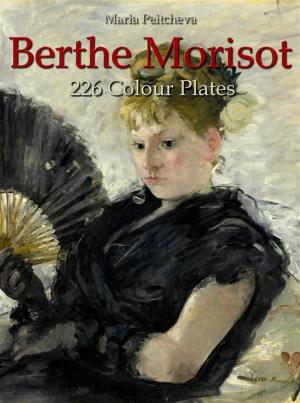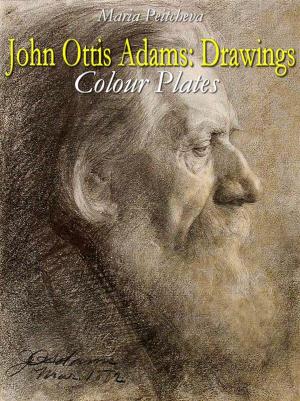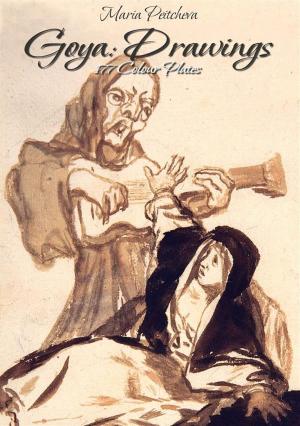Dante Rossetti: Drawings 113 Colour Plates
Nonfiction, Home & Garden, Crafts & Hobbies, Art Technique, Drawing, Art & Architecture, General Art| Author: | Maria Peitcheva | ISBN: | 9786050417913 |
| Publisher: | Maria Peitcheva | Publication: | January 24, 2016 |
| Imprint: | Language: | English |
| Author: | Maria Peitcheva |
| ISBN: | 9786050417913 |
| Publisher: | Maria Peitcheva |
| Publication: | January 24, 2016 |
| Imprint: | |
| Language: | English |
Dante Gabriel Rossetti was an English poet, illustrator, painter and translator. He founded the Pre-Raphaelite Brotherhood in 1848 with William Holman Hunt and John Everett Millais, and was later to be the main inspiration for a second generation of artists and writers influenced by the movement, most notably William Morris and Edward Burne-Jones. His work also influenced the European Symbolists and was a major precursor of the Aesthetic movement. Rossetti's art was characterised by its sensuality and its medieval revivalism. Rossetti gave up oil painting after 1860 and thereafter worked mainly with water colors in small format, which sold well thanks to the sympathetic art critic John Ruskin, whom he had met in 1854. In 1860, he married his long-time model Elizabeth Eleanor Siddal. This feminine ideal of the Preraffaelites was Rossetti's muse and source of inspiration until her suicide in 1862.
Dante Gabriel Rossetti was an English poet, illustrator, painter and translator. He founded the Pre-Raphaelite Brotherhood in 1848 with William Holman Hunt and John Everett Millais, and was later to be the main inspiration for a second generation of artists and writers influenced by the movement, most notably William Morris and Edward Burne-Jones. His work also influenced the European Symbolists and was a major precursor of the Aesthetic movement. Rossetti's art was characterised by its sensuality and its medieval revivalism. Rossetti gave up oil painting after 1860 and thereafter worked mainly with water colors in small format, which sold well thanks to the sympathetic art critic John Ruskin, whom he had met in 1854. In 1860, he married his long-time model Elizabeth Eleanor Siddal. This feminine ideal of the Preraffaelites was Rossetti's muse and source of inspiration until her suicide in 1862.

